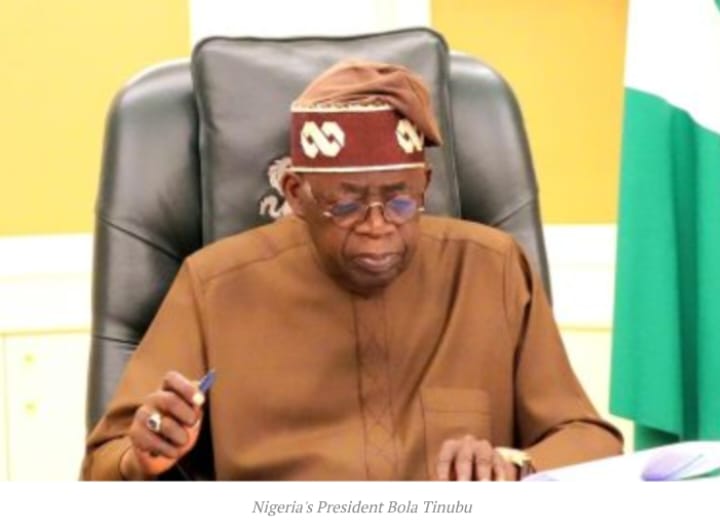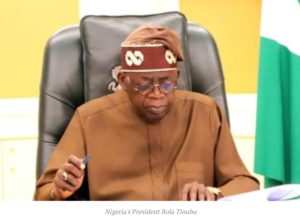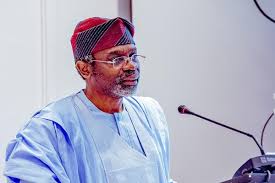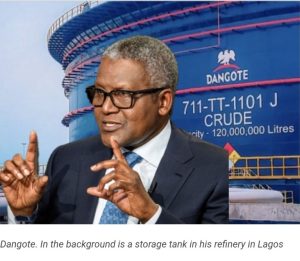Is Nigeria Becoming A Failed State Under President Tinubu? By Gbenga Shaba


Nigeria is currently at one of the most troubling security crossroads in its history. The scale and frequency of violent attacks, mass abductions, territorial infiltration by bandits and terror groups, and the collapse of safety in many communities have raised serious questions about the capacity of the state to protect its citizens. When a government begins to lose the ability to secure lives, enforce law and order, and guarantee the safety of children in schools, the debate about state failure becomes unavoidable.
Across the northern region, the wave of kidnappings and attacks has forced governments to take drastic measures. Katsina State ordered the immediate closure of all government schools. Taraba State directed that all secondary schools should operate only as day schools. These decisions were not made out of convenience. They were made out of fear. They were made because students have become targets, and schools have become vulnerable grounds. Education, the foundation of national development, is now under threat.
In recent weeks, the scale of kidnappings has escalated sharply. In Niger State, 34 students and three teachers were abducted from a government secondary school. They spent several days in captivity, enduring harsh conditions with limited food and water. Negotiations for their release were tense, with parents and authorities working tirelessly to secure their safe return. In Kebbi State, more than 40 children and 10 staff members were abducted from a private academy. The victims described being blindfolded, bundled into vehicles, and transported through forested areas under armed guard. In several other incidents across Kaduna, Zamfara, and Katsina, hundreds of men, women, and children have been taken in separate attacks, some held for weeks before rescue or ransom payments were made.
As if that was not enough, just few hours ago, some residents of Isapa in Kwara were abducted. Pregnant women, nursing mothers and children were allegedly abducted.
The ordeal for these children and their families is traumatic. Parents live in constant fear of the next attack, and even when children are rescued, they often return home in shock and fear. Many students have developed anxiety about returning to school, and communities are traumatized, with the memories of abduction and violence lingering long after the victims are freed.
Even more worrying is the deepening culture of ransom payments. Reports indicate that over ₦1 billion has been paid to bandits in recent weeks alone. This alarming trend not only empowers criminal networks but also signals the state’s weakening control. When kidnappers see consistent payouts from the government or local authorities, it encourages further attacks, creating a vicious cycle of fear and extortion.
This raises a critical question: Is Nigeria drifting toward a failed state under the current administration?
A country moves toward failure when the government can no longer protect its citizens, secure its borders, enforce laws, provide essential services, and maintain public confidence. Judged by these indicators, Nigeria is showing many worrying signs. The strength of non-state armed groups is rising. Large parts of the country are becoming ungoverned spaces. Communities are living under constant fear. Schools are shutting down. Businesses are relocating. Farmers are abandoning their fields. Ordinary Nigerians no longer trust the state to safeguard their lives.
President Tinubu came into office with promises of firm action on security. Nearly two years later, the practical reality suggests that insecurity is expanding faster than the response to it. Despite efforts by the security agencies, violent groups remain active and resilient. The lives of citizens are increasingly threatened, and the confidence in government’s capacity to reverse the trend is weakening.
It is therefore understandable when analysts conclude that the government is failing in the area of security. Citizens like Deacon Olanrewaju have voiced what many Nigerians feel: children are now staying at home not because of a pandemic but because of fear. Communities are shutting down not because of a virus but because of terror. The country is experiencing a form of paralysis driven by violence and fear.
Just like COVID-19, insecurity is gradually locking Nigeria down.
During the COVID era, movement was restricted, economic activities were disrupted, and schools were forced to close. Today, Nigeria is witnessing the same pattern, but the cause is not a global disease. It is insecurity. Communities are avoiding travel. States are closing schools. Businesses are shrinking their operations. Citizens live indoors once the sun sets. The sense of national freedom is shrinking under the weight of fear.
Nigeria may not yet be officially classified as a failed state, but the signs are becoming too visible to ignore. Without urgent, intelligent, and coordinated action, the country risks sliding deeper into a security crisis that will be harder to reverse.
Just like Simon Kolawole recalls what President Bola Tinubu said years ago. I recall that on November 5, 2014, in Ilorin, Kwara State, at a rally organised by Governor Abdulfatah Ahmed to declare his second-term bid, the APC leaders spoke one after the other about insecurity in Nigeria. Among those in attendance were Gen Muhammadu Buhari, then a presidential aspirant, Alhaji Abubakar Atiku, also an aspirant, Rt Hon Aminu Tambuwal, then speaker of the house of reps, and Alhaji Lai Mohammed, then the APC spokesman. Tinubu, who was the national leader of the party, said I saw the sea of refugees caused by the Boko Haram insurgents and the lies coming from Jonathan’s administration. They have exhibited failure, lack of capacity, vision and creativity.
He went further. The lies of yesterday are what they repeat today and are what they will repeat tomorrow. If you control the armed forces and you are the Commander-in-Chief, why should any part of this country be under occupation? And you give us excuses every day. In any civilised country, Jonathan should have resigned. But if he will not resign, he should wait for our broom. We will sweep him away.
They swept Jonathan away. But here we are, a decade later.
Tinubu is now the Commander-in-Chief, but Nigeria remains under siege. We could poke fun at the APC today and say they are only getting a dose of their own medicine. But it is human lives, the lives of Nigerians, that we are talking about here. We are talking about a reign of terror, about helpless Nigerians being abducted, about hapless Nigerians being killed for fun. If nothing else, it should make us sober. If nothing else, we should learn from our past and put politics aside regarding matters of security.
This is the moment for honest reflection and decisive leadership. What Nigeria faces today is not just a temporary challenge. It is a test of the state’s ability to protect its people and preserve its sovereignty. The longer this insecurity wave continues, the closer the nation moves toward the edge of failure.










